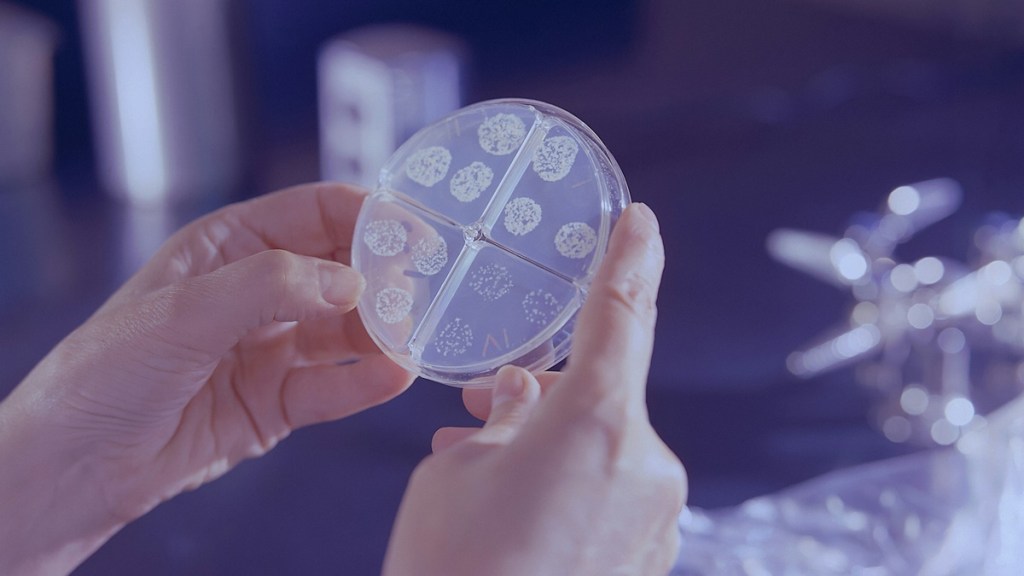World TB Day 2025: Tuberculosis is the deadliest infectious disease in the world. A total of 1.25 million people died from tuberculosis (TB) in 2023 (including 1,61,000 people with HIV), the World Health Organization (WHO) says.
In 2023, an estimated 10.8 million people fell ill with TB worldwide, including 6.0 million men, 3.6 million women and 1.3 million children. TB is present in all countries and age groups.
The UN health body maintains that multidrug-resistant TB (MDR-TB) remains a public health crisis and a health security threat. Only about 2 in 5 people with drug resistant TB accessed treatment in 2023. Every year, March 24 is marked as World TB
Last week, Union Minister of State for Health and Family Welfare Anupriya Patel said that in 2023 and 2024, India reported 25.5 lakh and 26.07 lakh tuberculosis (TB) cases, marking highest number of notified cases ever.
Patel revealed that while cases have increased, incidence and mortality rates have fallen. The incidence rate dropped by 17.7% (from 237 per lakh in 2015 to 195 per lakh in 2023). TB deaths also reduced by 21.4% during the same period. Missing TB cases have dropped from 15 lakh (2015) to 2.5 lakh (2023).
According to the Ni-Kshay portal, India already reported 5,77,712 TB cases within the first 81 days of 2025. Uttar Pradesh alone accounts for 1,58,756 cases, making it the most affected state, followed by Maharashtra (50,954), Bihar (45,530), and Madhya Pradesh (37,011).
India’s contribution to global burden
WHO data reveals that India accounts for one in four cases of tuberculosis (TB) globally. The WHO report noted that five countries contributed to 56 percent of the worldwide TB cases—India (26 percent), Indonesia (10 percent), China (6.8 percent), the Philippines (6.8 percent), and Pakistan (6.3 percent).
India also has the highest number of multi-drug-resistant TB (MDR-TB) cases worldwide.
“Approximately 27 percent of global MDR/RR-TB cases in 2023 were in India, followed by the Russian Federation (7.4 percent), Indonesia (7.4 percent), China (7.3 percent), and the Philippines (7.2 percent),” stated the report.
“The fact that TB still kills and sickens so many people is an outrage, especially when we have the tools to prevent, detect, and treat it,” said Dr Tedros Adhanom Ghebreyesus, WHO Director-General in a statement.
Role of TB-Mukt Bharat Abhiyan
Health Ministry has stated that the National TB Elimination Programme (NTEP) is being implemented across the country to detect TB cases early, ensure proper treatment, and prevent new infections.
Under the programme, all TB patients are tracked through the Ni-kshay portal for the entire duration of their treatment, while Ayushman Arogya Mandir and ASHA workers monitor their treatment adherence. Additionally, community-based treatment supporters are linked to patients, and incentives are provided to encourage adherence, SouthFirst reported.
Reportedly, the government has also expanded drug-resistant TB care, establishing 826 Drug-Resistant TB treatment centres across all districts to provide decentralised care. Universal Drug Susceptibility Testing (UDST) is now in place, ensuring that every diagnosed TB patient is tested for drug resistance at the time of diagnosis.
Earlier this month, the ministry announced that the production of Rifampicin, a key drug for treating serious bacterial infections like Tuberculosis, is expected to begin this year. The drug Rifampicin is used in serious bacterial infections, particularly Tuberculosis.
The ministry has also launched shorter, safer, all-oral drug-resistant TB treatment regimen since 2021, and in 2024, an even more effective regimen — a four-drug combination of Bedaquiline, Pretomanid, Linezolid, and Moxifloxacin to improve treatment outcomes.
To support TB patients nutritionally, the Ni-kshay Poshan Yojana has doubled financial aid from ₹500 to ₹1,000 per month, effective 1 November, 2024.
Additionally, Ni-kshay Mitra Initiative has been launched to provide food baskets and additional support to TB patients and their families. The government launched the TB Mukt Bharat 100 Days Intensified Campaign on 7 December 2024, covering 455 districts and focusing on early diagnosis, active case finding, and nutritional support.
Meanwhile, Indian Council of Medical Research (ICMR) has introduced multiple innovations to improve TB detection. MoHFW reports that handheld X-ray devices are being used for TB screening in remote areas with low radiation exposure. AI-powered chest X-ray analysis (DeepCXR), developed in collaboration with the Institute of Plasma Research, Ahmedabad, is improving TB detection accuracy.
Additionally, new diagnostic tools like the CyTb skin test for latent TB, the PathoDetectTM NAAT test for faster TB and drug-resistance detection, and the Quantiplus MTB FAST Detection Kit, a low-cost RT-PCR test with 86 percent sensitivity and 96 percent specificity, have been introduced, South First reported.

